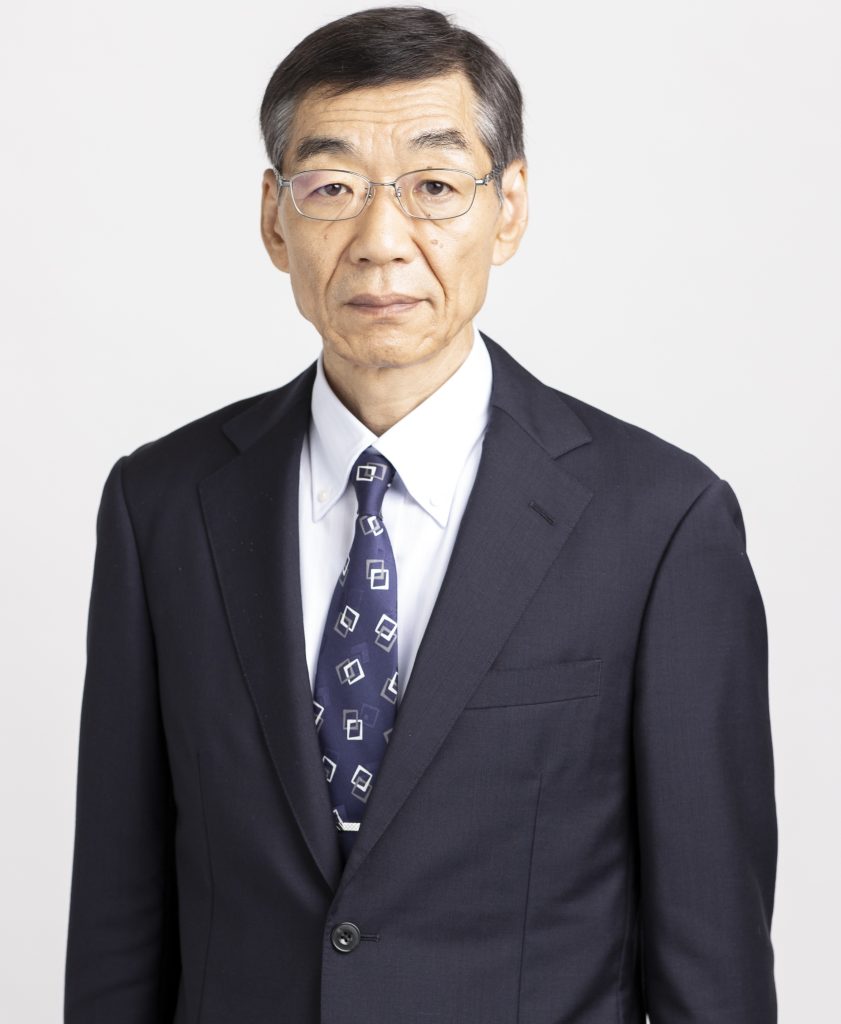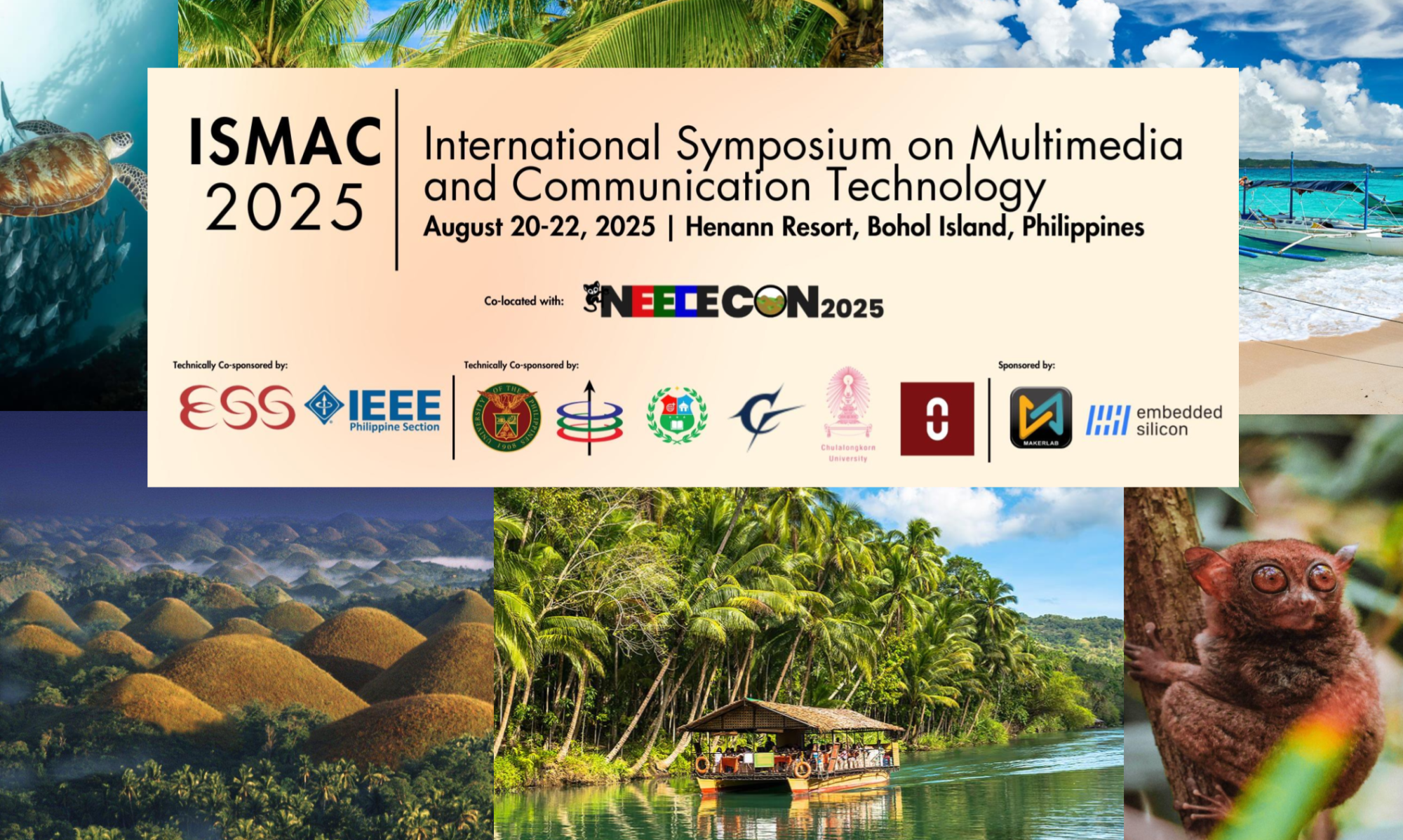
Dr. Masatoshi Suzuki
Vice President and Professor, Chitose Institute of Science and Technology
Advances in Optical Communication Systems ~ 2025 John Tyndall Award Lecture ~
Information and communication technology (ICT) is widely spread worldwide, and our life has been drastically changed by ICT, which provides us with various services in our daily lives, business and industries, such as global Internet, SNS, e-mail, telephone, tele-working and so on. Optical communication systems that underpin and enable our worldwide communications infrastructure.
In this presentation, as a commemorative lecture of 2025 John Tyndall Award, the innovative technologies that enabled significant capacity growth of optical communication systems, such as Er-doped optical amplifiers (EDFAs), wavelength division multiplexing (WDM), dispersion managed soliton, and digital coherent transmission, are reviewed. Future technologies leading to further capacity increase for 5G/6G mobile systems and core networks based on space division multiplexing (SDM) are also addressed.
More about the speaker here.
Dr. Franz de Leon
Director, DOST-Advanced Science and Technology Institute
Professor, University of the Philippines Diliman
The Department of Science and Technology (DOST) is laying the groundwork for an inclusive, ethical, and future-ready AI ecosystem that empowers communities, strengthens institutions, and advances national development. At the center of this effort is a unified strategy under ACABAI-PH—Advancing Computing, Analytics, Big Data, and AI in the Philippines—and the Nexus for AI Research and Applications (DOST-NAIRA), implemented by the DOST-Advanced Science and Technology Institute (DOST-ASTI).
These initiatives bring together critical infrastructure, including high-performance computing (COARE), high-speed research networks (PREGINET), and an AI-as-a-Service platform that lowers barriers to AI adoption across sectors. The strategy focuses on bridging the gap through six key pillars: infrastructure expansion, talent development, funding mechanisms, ethical governance, policy support, and government-academe-industry collaboration.
More than just a technological leap, this whole-of-nation approach aims to transform AI into a driver of inclusive innovation—ensuring that every region, researcher, and startup has the tools and support to build locally relevant, socially impactful solutions. AI thus becomes not only a tool for progress, but a force for equity and empowerment.
About the speaker
Dr. Franz A. de Leon is the Director of the Advanced Science and Technology Institute of the Department of Science and Technology (DOST-ASTI) and concurrently a Professor of Electrical and Electronics Engineering at the University of the Philippines Diliman (UP Diliman). He assumed the position as Director of DOST-ASTI on 15 April 2021.
Dr. de Leon attained his BS Electronics and Communications Engineering and MS Electrical Engineering at UP Diliman in 2003 and 2005, respectively. He later obtained his PhD in Electronic and Electrical Engineering at the University of Southampton at United Kingdom in 2014. His research interests include digital signal processing (DSP) for audio and communications, music information retrieval, audio engineering, and adaptive filters and linear arrays. Dr. de Leon has over 18 years of teaching experience in his alma mater, UP Diliman, under the Electrical and Electronics Engineering Institute where he teaches Signals and Systems, Digital Signal Processing, Digital Audio Signal Processing, among other things. Dr. de Leon has received a number of accolades as a faculty researcher and has led various R&D projects from DOST and
UP Diliman. He was a visiting researcher at the Chulalongkorn University in Thailand, and a Research Fellow at the Kyushu Institute of Technology in Japan.
Dr. de Leon served as Interim Chair of the Asia Open RAN Academy from 29 June 2022 to 24 April 2023.
